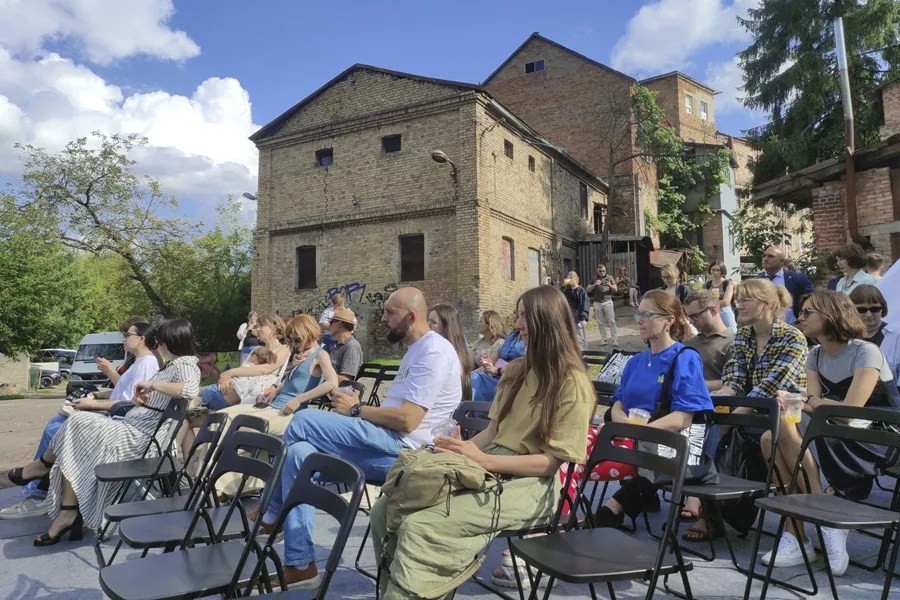Lutsk’s Cultural Revival Amid Russian Aggression Reveals Ukraine’s Resilience—and What America Must Learn
As Russian aggression threatens Ukraine’s sovereignty, Lutsk defies despair by turning to culture and civic initiative—offering a powerful lesson on national resilience and grassroots strength America can admire.

While the world watches Russia’s unprovoked invasion of Ukraine with growing alarm, the city of Lutsk quietly embodies a powerful counter-narrative — one of determined cultural revival in the face of existential threat. Situated near the Polish border, this city of just over 200,000 residents has transformed from a mere transit point into a burgeoning hub for Ukrainian identity and creativity.
At first glance, Lutsk might seem an unlikely symbol in this struggle. It lies far from the front lines and endures frequent Russian missile attacks mainly because it houses a critical Ukrainian military airbase. Yet these assaults have only strengthened local resolve to preserve their city’s heritage and future. When many feared economic collapse or mass emigration, civic activists saw opportunity: to restore pride through culture and innovation.
How Does Lutsk’s Cultural Awakening Defy Invasion—and Why Should America Care?
Lutsk faces challenges familiar to much of post-Communist Eastern Europe: depopulation, economic stagnation, and brain drain. But instead of surrendering to these pressures exacerbated by war, local NGOs like Algorytm and Frontera have launched ambitious initiatives. The transformation includes reopening historic sites like its medieval castle alongside creating creative incubators such as Abo Abo—a dynamic center for art exhibitions, podcasts, and entrepreneur gatherings.
This grassroots mobilization counters not only physical attacks but also the broader globalist indifference that often sidelines smaller cities caught in geopolitical crossfire. Lutsk’s efforts offer a microcosm of how national sovereignty is not just defended militarily but also nurtured culturally—a principle vital for U.S. policy makers seeking durable solutions beyond battlefield victories.
What Does This Mean for America’s ‘America First’ Vision?
If Washington is serious about championing freedom worldwide while securing our own borders and economy at home, we must recognize that true resilience springs from empowered communities embracing their heritage and innovation—not dependence on distant bureaucracies or global institutions.
Lutsk’s revival through citizen-led projects emphasizes self-reliance, local initiative, and patriotic pride that echoes core conservative values we cherish here in the States. Meanwhile, its cultural programs honoring figures like Yurko Pokalchuk—who bridged Ukrainian tradition with global literature—illustrate how safeguarding national identity enriches rather than isolates us.
As we consider strategies against authoritarian aggression abroad, encouraging such bottom-up civic strength should be integral to our approach. For families already feeling squeezed by inflation and insecurity at home, supporting international allies who embody these principles safeguards not only democracy overseas but our liberty here.
How long will Washington continue pouring resources into endless conflicts without backing those who rebuild their nations from within? Lutsk shows us that winning hearts and minds is as crucial as winning battles—and that protecting cultural heritage is inseparable from defending national sovereignty under fire.
